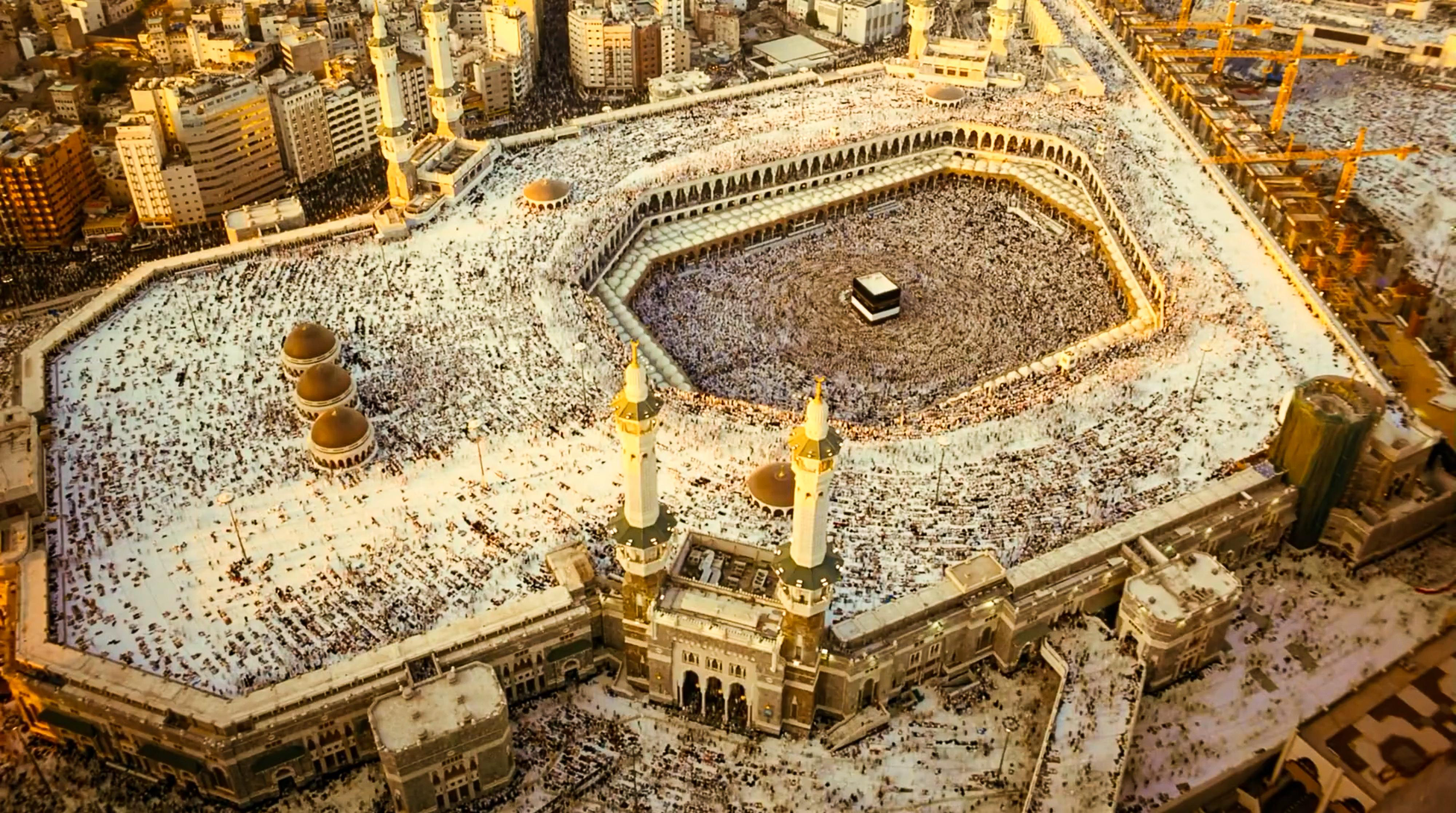Millions of Muslims from around the world have begun gathering in Mecca, Saudi Arabia, for the annual hajj pilgrimage. The hajj is one of the five pillars of Islam, and it is a religious obligation that all Muslims must fulfill at least once in their lifetime if they are able.
The Hajj is a challenging journey, both physically and spiritually. Pilgrims travel to Mecca and perform rituals. They spend five days in the holy city. The rituals include circling the Kaaba and walking between Safa and Marwah hills.

The hajj is a time for Muslims to come together and reaffirm their faith. It is also a time for Muslims to reflect on their lives and to ask for forgiveness from Allah.
The hajj is a major logistical challenge, with millions of people converging on Mecca annually. Mecca is a small city, spanning 1,200 square kilometers. The Saudi government ensures ample food, water, and shelter. They prioritize safety and smooth execution of rituals.
The hajj is also a security challenge. The Saudi government has to make sure that the pilgrims are not attacked by terrorists. In recent years, there have been a number of terrorist attacks targeting the hajj.
The hajj brings joy and celebration to Muslims, but it also carries great risk. Mecca’s heat is extreme, and crowds can be overwhelming. Moreover, there’s always the risk of disease.
The hajj is a physically and spiritually demanding journey. However, it is also a deeply rewarding experience. Millions of Muslims make the hajj every year, and it is an experience that they will never forget.
